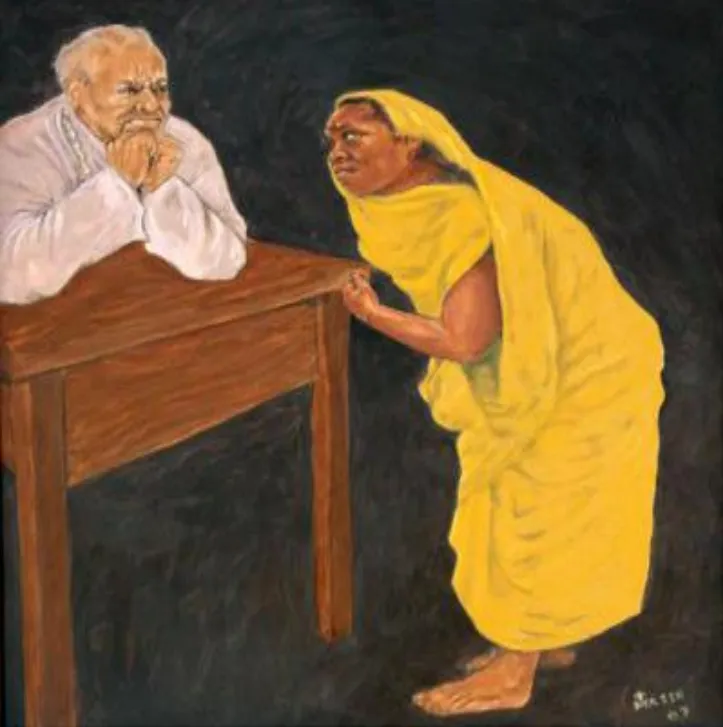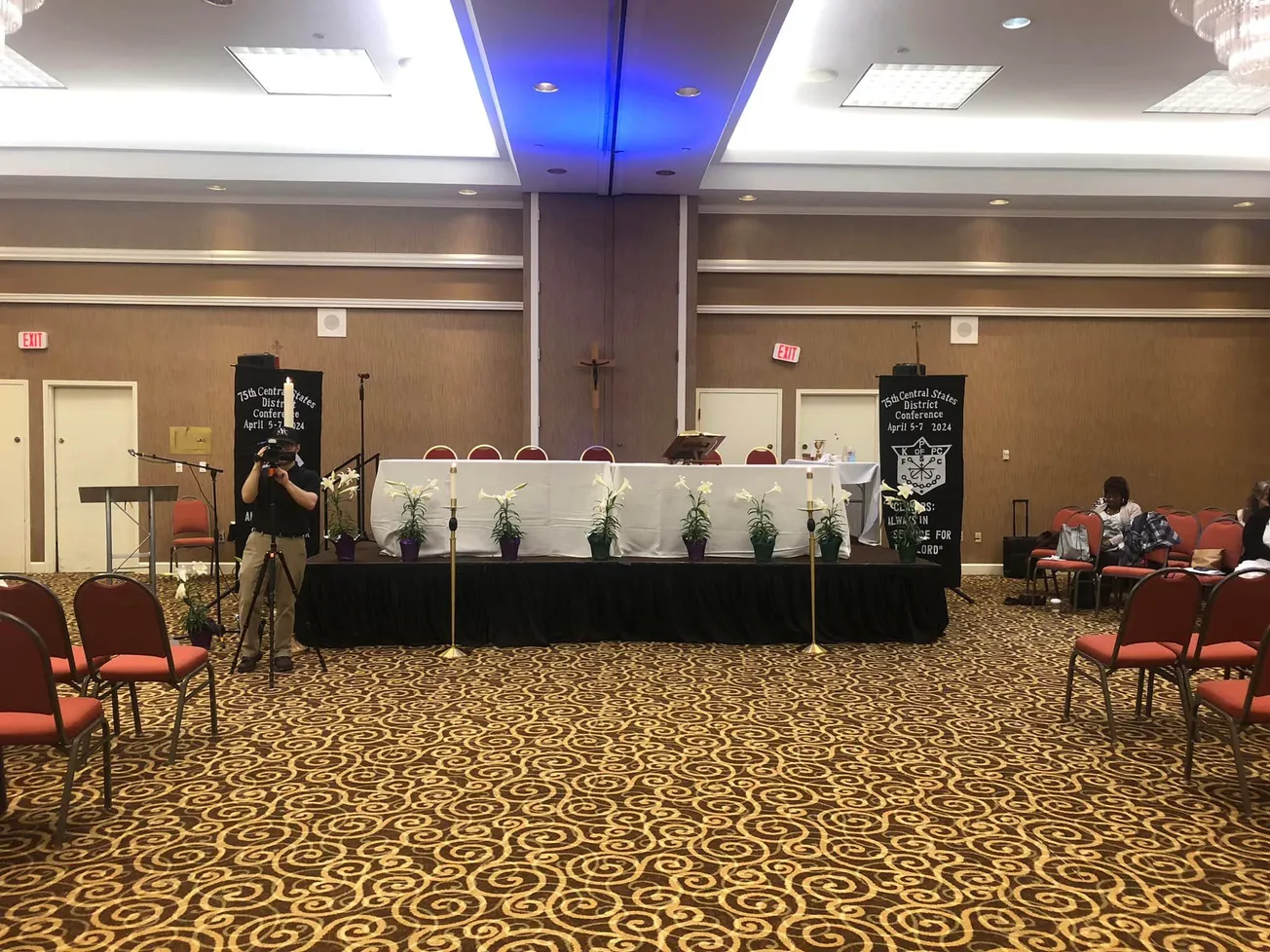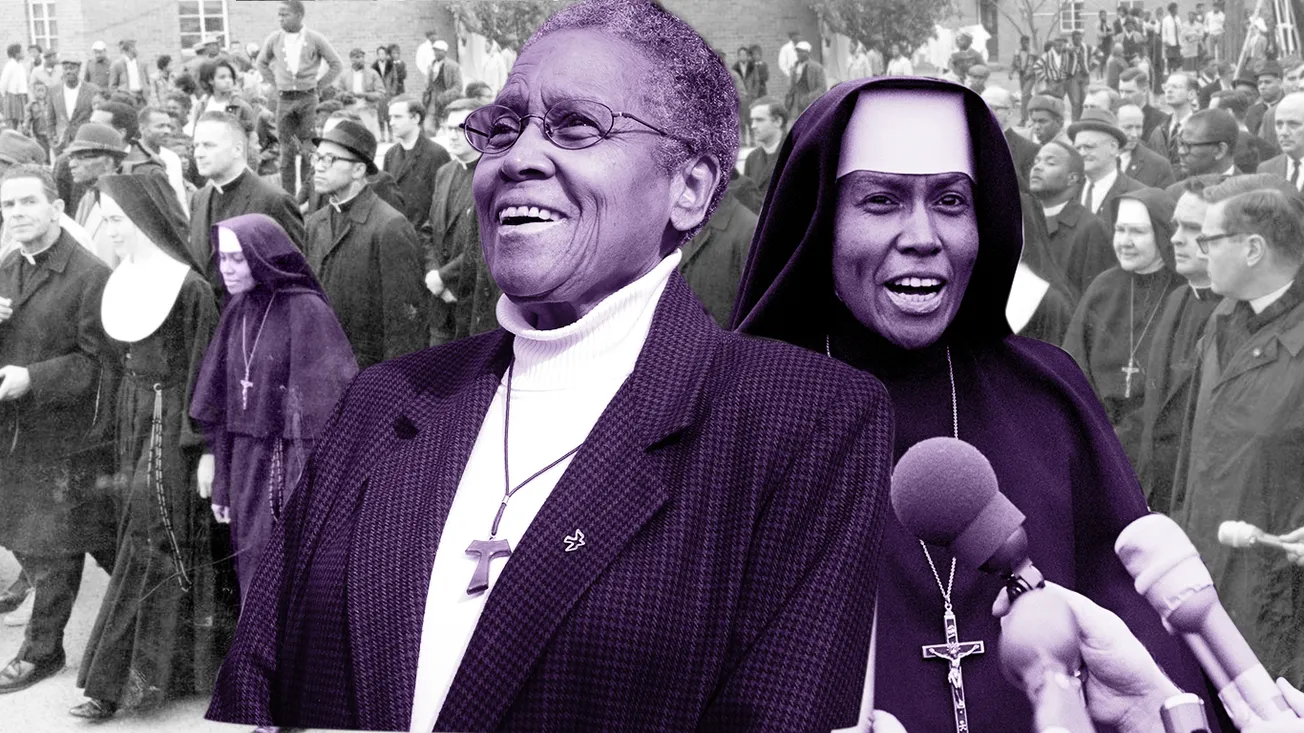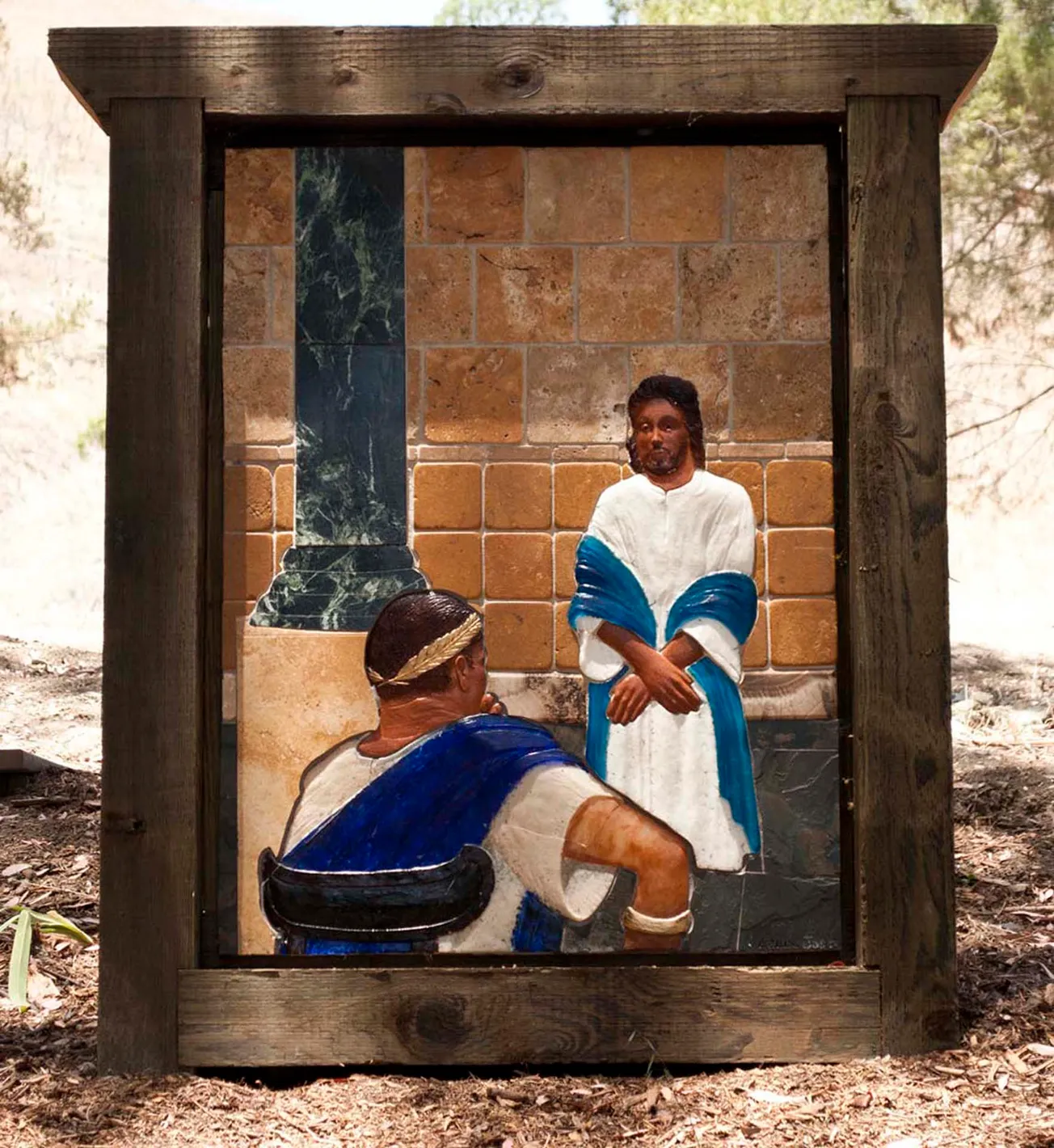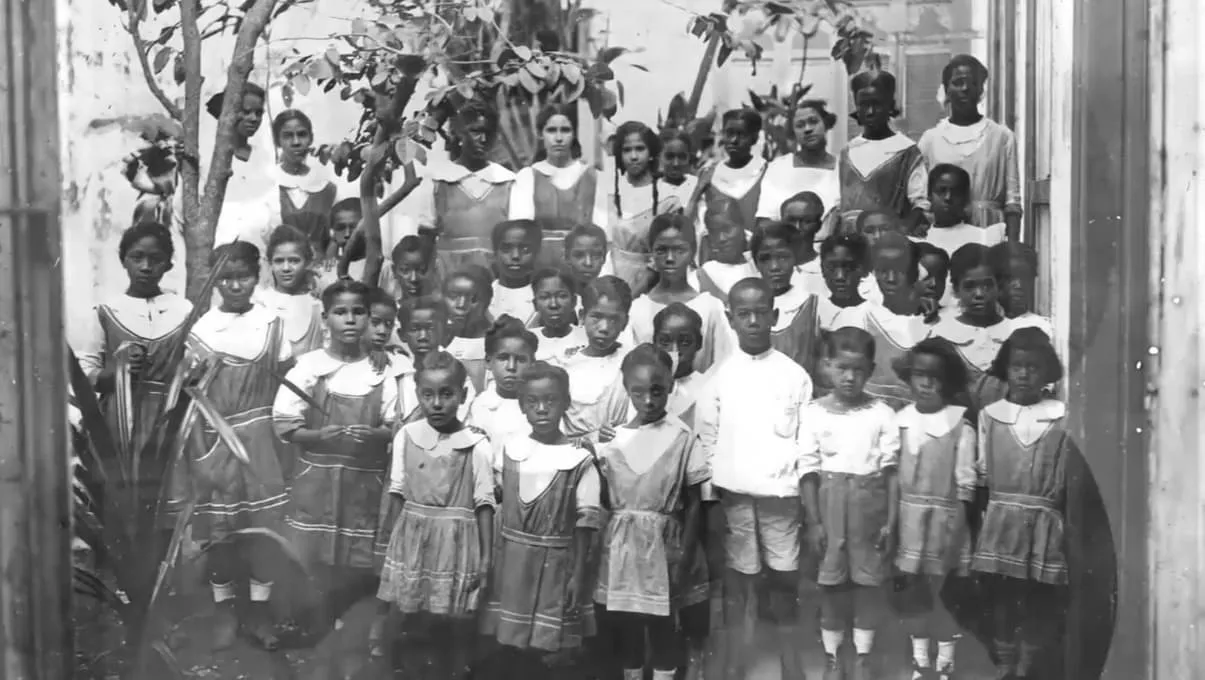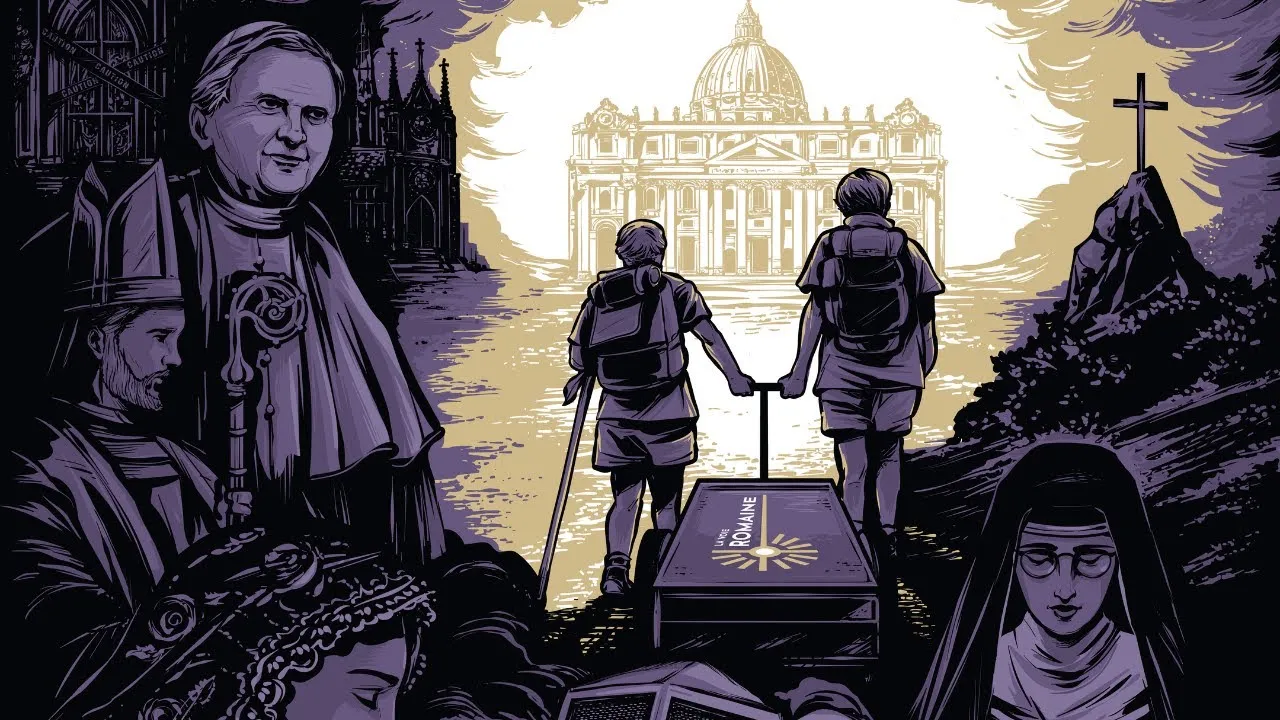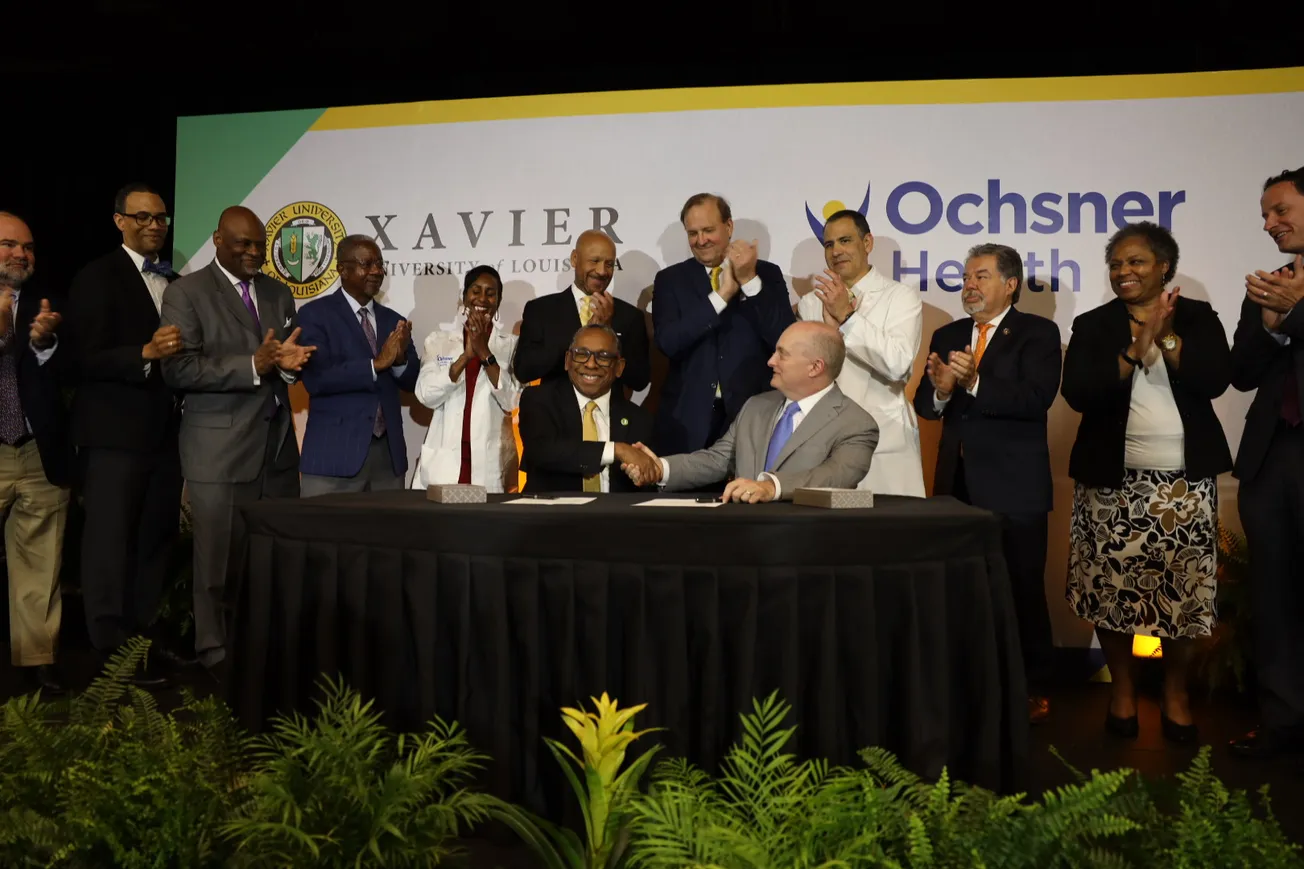I was struck by Nate Tinner-Williams’ commentary in November on the most recent deliberations of the U.S. Conference of Catholic Bishops. In particular, I was drawn to this passage:
“Invisibility, I would surmise, is one of many reasons African-American Catholics do not remain in the Church beyond childhood. This is, in itself, a crisis worth mentioning at the national episcopal level, but alas: maybe next year. Then again, maybe never. Having a seat at the table has never been a guarantee for us.”
I surmise that this is an emotionally packed statement, though I am not certain of all the emotions he wished to convey. I have communicated with him since he penned the commentary, and I think that he, like many young African Americans, is committed to his faith, wants his voice fully represented at the table, and is not planning to leave the Catholic Church, which he loves. In our exchange, he mentioned that the National Black Catholic Clergy Caucus, or the National Black Sisters’ Conference, could bring our voice to the table so that African-American Catholics would want to remain in the Church beyond childhood.
Further reflection on his commentary brought me back to 1968, a pivotal year for our nation and our Church. Our military was still engaged in Vietnam, an ugly war that we watched on the TV news. Dr. Martin Luther King and Sen. Robert F. Kennedy were assassinated. Riots ensued in cities across the nation, the people’s reaction to years of injustice, frustration, and lack of real progress.
African-American clergy were in the midst of the struggle as well. All too familiar were racism and the failure to recognize Black people’s commitment and witness to the Catholic faith. Men like Frs Cyprian Davis, OSB, and George Clements; our religious sisters like Thea Bowman, FSPA, and Jamie Phelps, OP; and others moved beyond the frustration, injustice, and racism in our Church to stay the course on the pilgrimage.

Undeterred by the bureaucratic inertia that blocked ordinations and full acceptance of African-American leadership in the Church, they relied on living the Gospel, looking to the example of the widow in Luke’s Gospel. The judge was slow to move toward justice when he encountered her. Recall the judge’s response:
“Finally he said to himself, ‘I don’t fear God or care about people, but this woman is driving me crazy. I’m going to see that she gets justice, because she is wearing me out with her constant requests!’” (Luke 18:3-5).
Remembering the widow’s persistence, the clergy and the sisters turned up the heat. African-American clergy penned correspondence to bishops calling out the bishops: “Render a just decision for me against my adversary.” They all persisted as the widow did. There was turmoil and tension in our seminaries. People from the African-American community were elevated to the episcopacy for the first time.
Responding to the demand that they render a just decision, our bishops penned “Brothers and Sisters to Us,” arguably the most comprehensive treatise produced by our Church about racism and its remedies.
What about Tinner-Williams’ commentary? What about the state of our Church? Parishes are closing; we’re in the midst of a financial crisis that is the consequence of clergy sex abuse. Tinner-Williams is a young person who has not given up on the Church, and the Church is still alive. He is still in the Church.
There are others like him, both young and old, who are still committed. During this Advent season, as we remember that the Word became flesh, Christ continues to make the difference. We as Black people should tap into the reserve of our Catholic faith with the persistence of the widow.
Deacon Timothy E. Tilghman is a permanent deacon of the Archdiocese of Washington, currently assigned to St. Teresa of Avila Catholic Church. He has two master’s degrees, one in public policy and the other in theology. He is the author of “Going to the Well to Build Community: A Pastor’s Guide to Evangelization.


